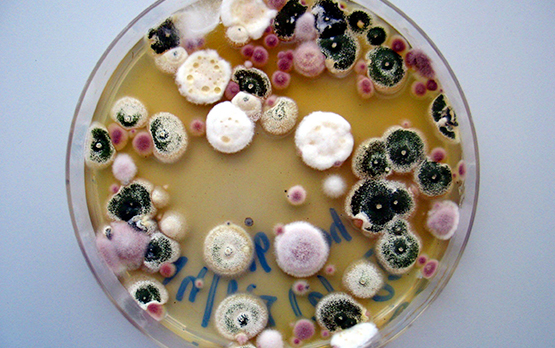Micro-organisms play a fundamental functional role in many ecosystems including agricultural systems. An intact microbial community and the diversity of microbial conversion processes and functions are important to the stability of such systems. Molecular biological methods provide the opportunity of describing and quantifying micro-organisms on the genetic level. They also make it possible to investigate the complexity of microbial communities (the microbiome) and their activities in different habitats, and to track changes.
This research provides insights which can be of significant use in the conservation and sustainable use of natural resources. It casts light on the interactions between micro-organisms and host organisms, allowing the positive characteristics of micro-organisms to be put to targeted use in agricultural systems and enabling negative characteristics to be controlled.
We lay the decision-making foundations for assessing microbial biodiversity and facilitate the development of new approaches to soil conservation.
The goals of our research are:
- to develop molecular genetic methods for the detection, description and quantification of micro-organisms and their populations in ecosystems
- to investigate the functional diversity of micro-organisms in agricultural systems in order to understand the positive and negative influences exerted on them by farming measures and practices






